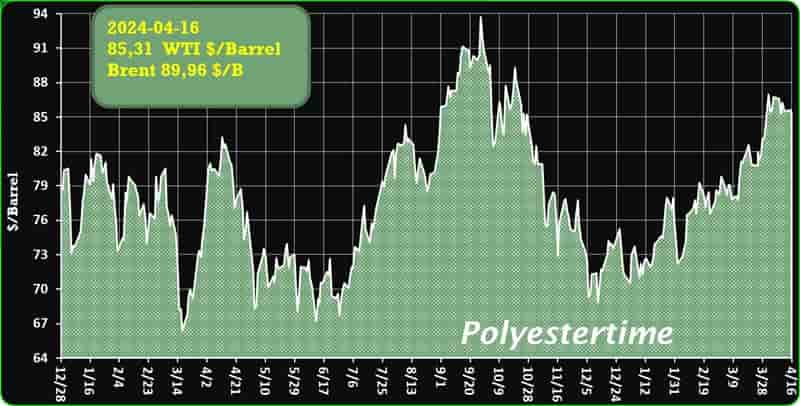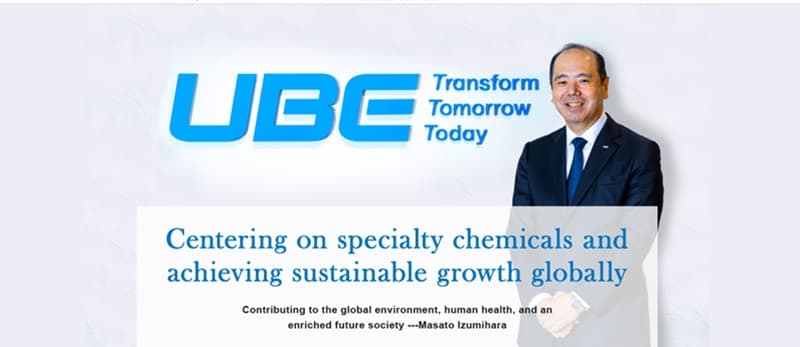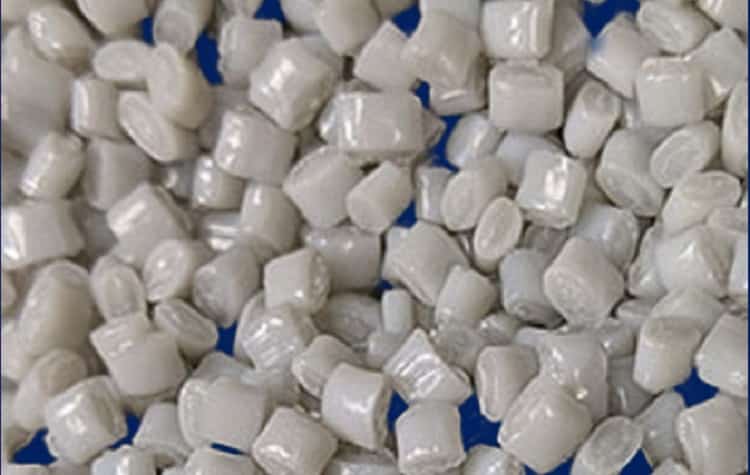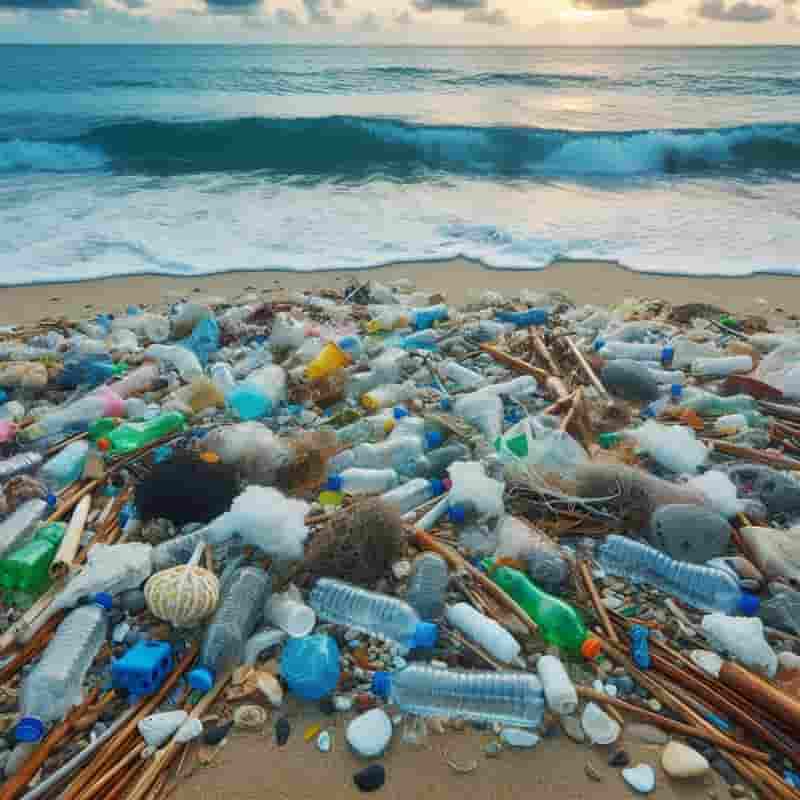In recent years, there has been a growing recognition of the urgent need to address plastic pollution, as mounting environmental concerns and public outcry prompt renewed efforts to tackle this global crisis. From bans on single-use plastics to innovative recycling technologies and community-led clean-up initiatives, momentum is building towards a more sustainable and plastic-free future.
Plastic pollution poses a significant threat to ecosystems, marine life, and human health, as plastic waste accumulates in landfills, waterways, and oceans, contaminating habitats and endangering wildlife. PET bottle duty
Plastic debris, such as microplastics and macroplastics, can persist in the environment for hundreds of years, leaching harmful chemicals and disrupting ecosystems, with far-reaching consequences for biodiversity and ecosystem health.
In response to these environmental challenges, governments, businesses, and civil society organizations are taking decisive action to reduce plastic waste and promote alternatives to single-use plastics. This includes implementing policies and regulations to restrict the production, sale, and distribution of plastic bags, straws, and other disposable items, as well as incentivizing the use of eco-friendly alternatives, such as biodegradable packaging and reusable containers. PET bottle duty
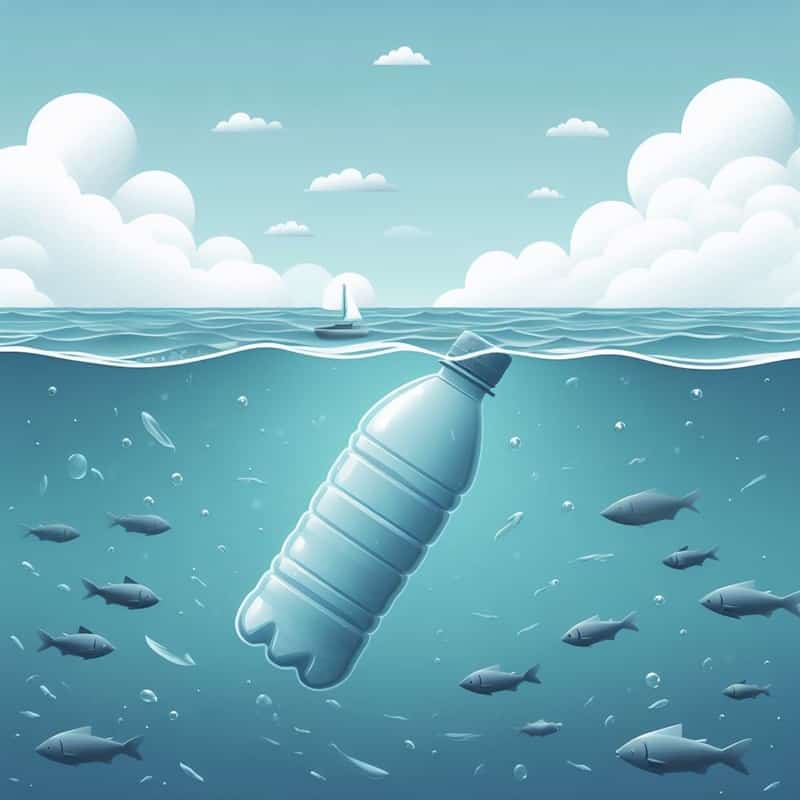
Axpo has entered a partnership with French energy investor ENEGO to explore establishing a 100 MW green hydrogen plant in Sicily, focusing on the Priolo-Augusta industrial zone along the east coast
This collaboration aims to form part of a broader “hydrogen valley” spanning from Catania to Siracusa, aimed at supplying green hydrogen to local industries, thereby supporting regional decarbonization efforts.
The proposed facility would mark a significant stride in both Axpo’s and Europe’s green hydrogen initiatives, potentially expanding to 300 MW based on demand. This plant, which would integrate into the European Hydrogen Backbone, signifies a major step towards replacing grey hydrogen—currently produced using natural gas—with CO2-free hydrogen in local refineries and transportation. PET bottle duty
Guy Bühler, Axpo’s Head of Hydrogen, emphasized the project’s importance for reducing carbon footprints in Sicily, particularly within the industrially crucial Priolo-Augusta district. Concurrently, ENEGO Holding’s CEO, Alfonso Morriello, highlighted the project’s inception through collaborations, including the University of Catania’s engineering expertise, aiming to leverage green hydrogen for Sicily’s economic benefit.
This initiative complements Axpo’s other hydrogen projects across Europe, including a significant venture in Italy’s Peligna Valley and a hydrogen-powered passenger vessel on Switzerland’s Lake Lucerne. Axpo’s engagement in the “Arve Hydrogène Mobilité” project in France further demonstrates its commitment to advancing hydrogen as a sustainable energy carrier, underscored by its recent publication of a white paper on hydrogen’s potential in Switzerland. PET bottle duty
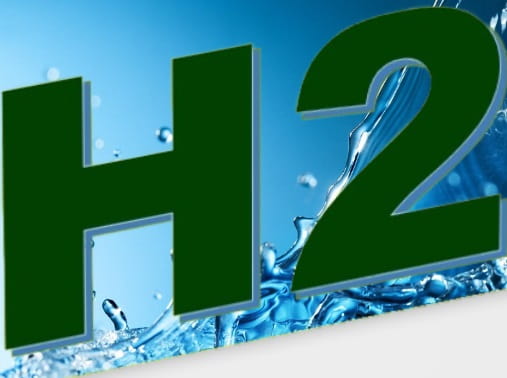
Recycling of plastic ‘a deception’
The global plastic industry’s long-standing narrative of recycling as the panacea for plastic pollution has been debunked in a new report by Planet Tracker (PT).
In ‘The Plastic Recycling Deception’, PT sets out practices it claims are deceptive employed by the plastic industry. It urges stakeholders to re-evaluate their approach to plastic waste management.
For years, it insists, the plastic industry has promoted recycling as the solution to the world’s plastic pollution crisis. However, the report highlights that 91% of plastic is not recycled. The use of resin identification codes, often mistaken for recycling symbols, has further misled policymakers, regulators and consumers into believing in the circularity of plastic, it alleges. PET bottle duty
‘Advanced recycling‘
PT is a non-profit think tank focused on sustainable finance. It quotes a report by the Center for Climate Integrity (CCI) saying the plastics industry was initially focused on disposability (1950s and 1960s), then moved to incineration and landfilling as ‘solutions’ (late 1960s and 1970s), then followed with the promise of recycling (mid 1980s to mid-1990s).
‘With recycling failing to deliver meaningful results, by 2015, and public pressure to find a solution re-emerging, most lately the plastics industry has started to promote an old technology as a new “solution” to plastic waste – “advanced recycling”,’ according to CCI.
IISc Scientists Develop Sustainable Hydrogel to Remove Microplastics from Water
Scientists at the Indian Institute of Science (IISc) have developed a sustainable hydrogel to remove microplastics from water, addressing the global issue of plastic pollution.
Microplastics, particles less than 5 millimetres in size, are pervasive in oceans, soil, and even the air we breathe, posing a threat to human health. PET bottle duty
The hydrogel, made up of a unique polymer network, can bind and degrade microplastics using UV light irradiation.
Previous methods like filtering membranes have been unsuccessful due to clogging, making them unsustainable.
How it was Developed?
The IISc hydrogel, composed of three polymer layers and nanoclusters of a material called copper substitute polyoxometalate, has shown high efficiency in removing polyvinyl chloride and polypropylene microplastics from water. PET bottle duty
As per IISc, the hydrogel consists of three different polymer layers – chitosan, polyvinyl alcohol and polyaniline – intertwined together, making an Interpenetrating Polymer Network (IPN) architecture. The team infused this matrix with nanoclusters of a material called copper substitute polyoxometalate (Cu-POM). These nanoclusters are catalysts that can use UV light to degrade the microplastics.
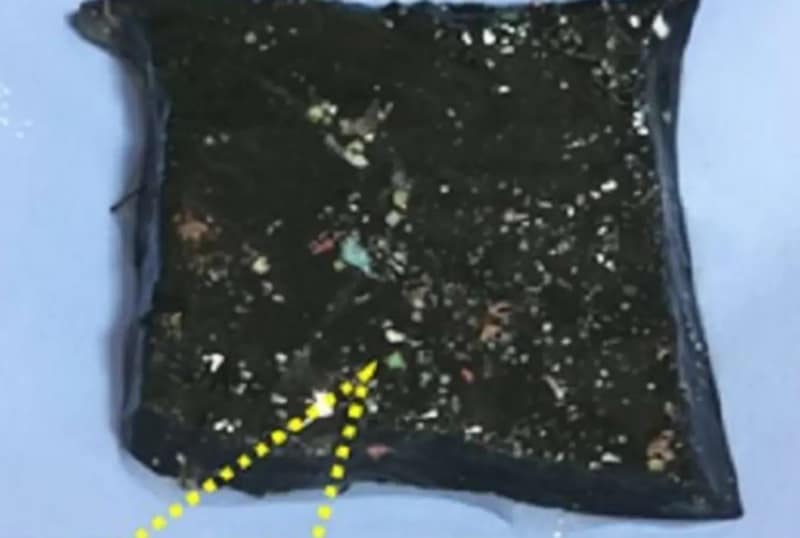
EU ADD against Chinese PET bottle chip generally digested, pay attention to whether RPET can be removed
Early April 2024, the European Commission announced the final ruling on the anti-dumping investigation of Polyethylene Terephthalate (PET) originating from China, imposing anti-dumping duties ranging from 6.6% to 24.2% on the products involved, with specific rates detailed in the attached table. The products in question are Polyethylene Terephthalate with a viscosity equal to or greater than 78 milliliters/gram. The EU CN (Combined Nomenclature) code for the products is 3907 61 00 (TARIC code 3907 61 00 10). The announced rates were actually preliminarily indicated in the announcement on November 28, 2023, with rates set at 6.6% for Sanfame, 10.7% for Wankai, 17.2% for China Resources, and 11.1-24.2% for other companies (specific rates can be found in the final table). PET bottle duty
Since the initiation of the investigation on PET bottle chip from China by the EU early March in 2023, the export volume from mainland China to EU has significantly decreased.
Taking Italy as one of the main destination markets, Chinese customs data shows that Italy imports from China were at 10,267 tons in January 2023, while dropped to 1.1 tons by December. Similarly, imports from China to countries like France and Belgium have notably declined.
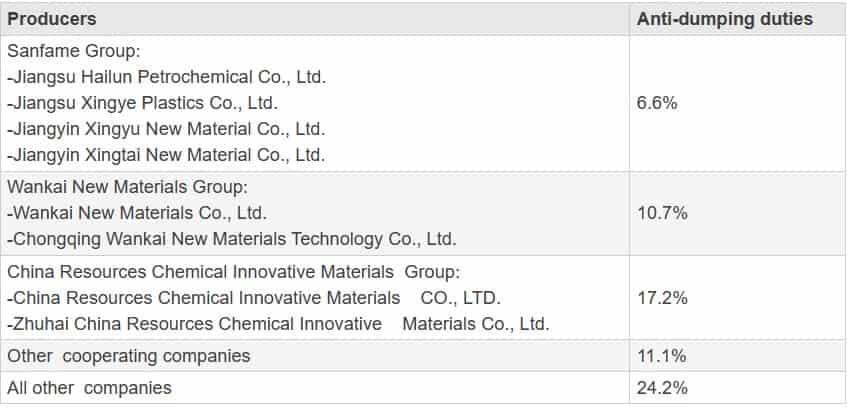
PET bottle duty

